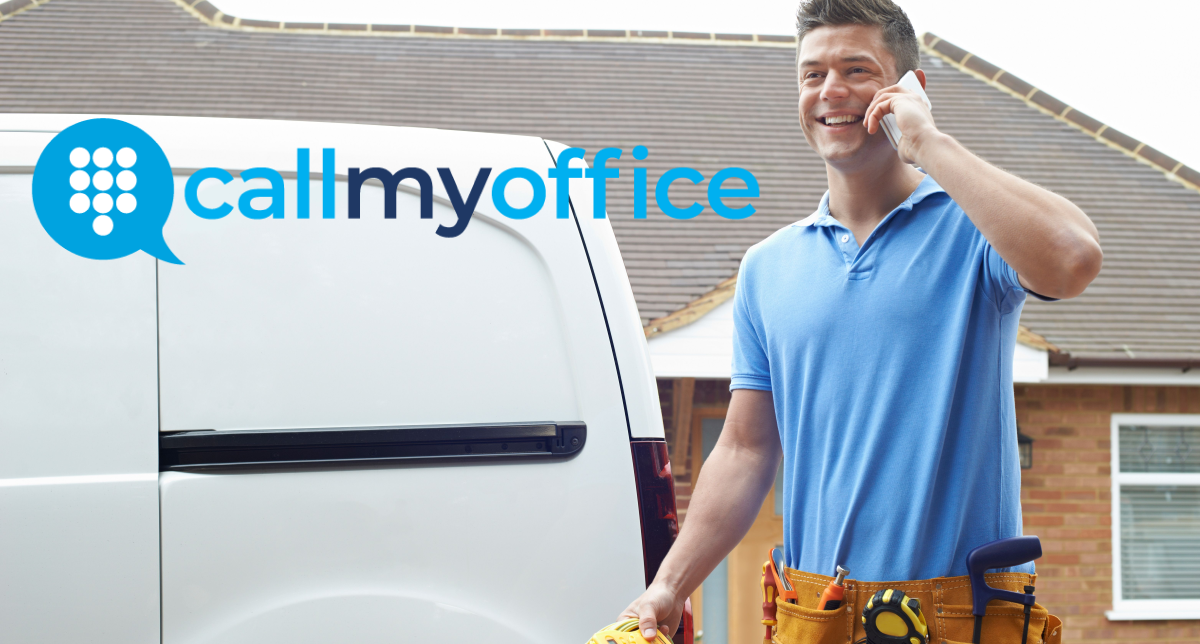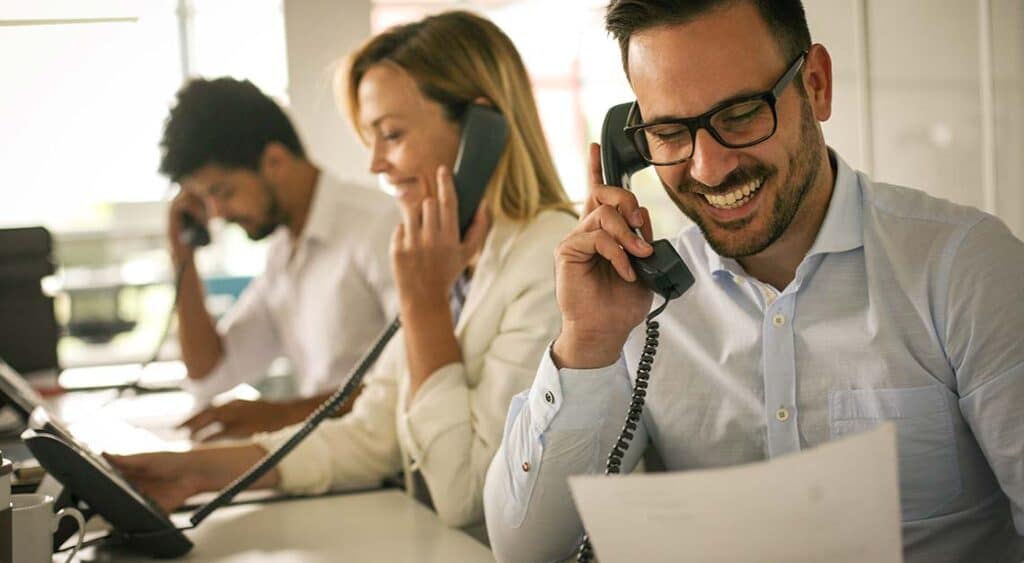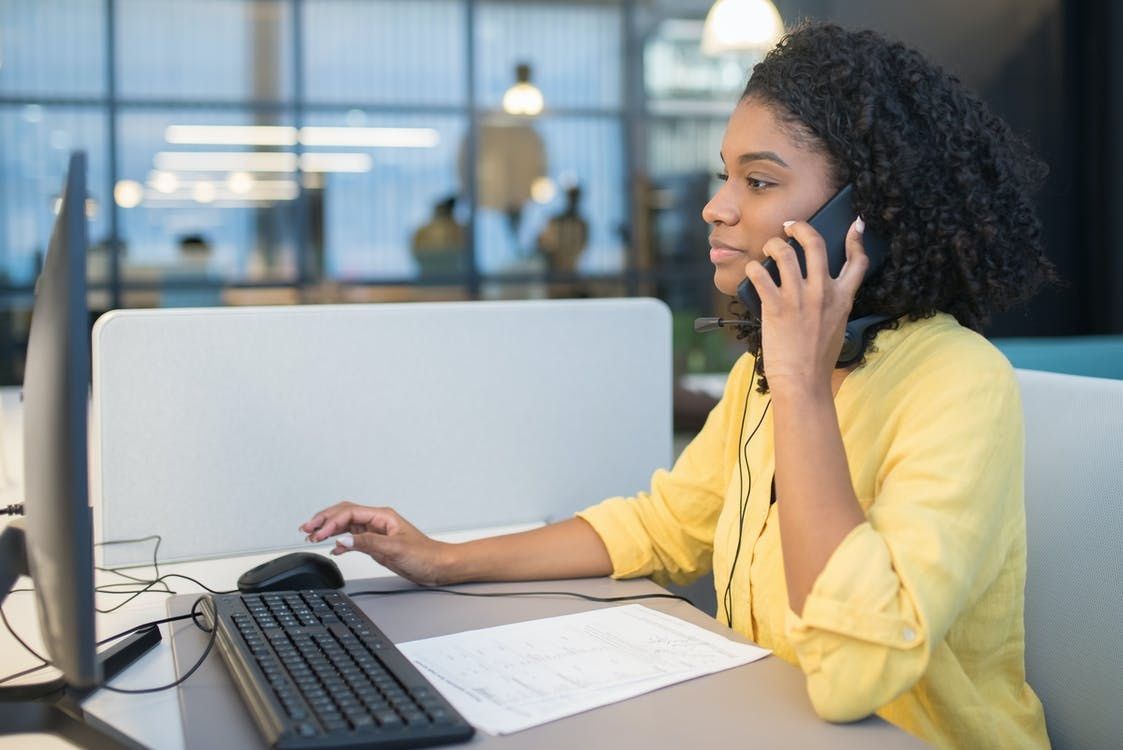All Categories
Featured
Table of Contents
- – What Is The Best Telephone Answering Service: W...
- – What Is The Best Phone Answering - Serviced & ...
- – Who Makes The Best Outsource Answering Service...
- – Best Can 12 Best Telephone Answering Service ...
- – What Are The Best Telephone Answering Service...
- – What The Best How Much Do Answering Services...
What Is The Best Telephone Answering Service: What It Is And Why It Isn't Enough To Buy Now
This device and its followers were created by Sava Jacobson, an electrical engineer with a personal consulting service. While early voice mail used magnetic tape innovation, most contemporary devices utilizes solid state memory storage; some devices utilize a combination of both, with a solid-state circuit for the outbound message and a cassette for the inbound messages.
"toll saving" listed below) (phone answering service). This is useful if the owner is evaluating calls and does not want to talk to all callers. In any case after going, the calling celebration should be informed about the call having been addressed (in many cases this starts the charging), either by some remark of the operator, or by some welcoming message of the little bit, or dealt with to non-human callers (e.
This holds specifically for the TADs with digitally stored greeting messages or for earlier devices (before the increase of microcassettes) with a special unlimited loop tape, separate from a 2nd cassette, committed to recording. There have actually been answer-only gadgets without any recording abilities, where the greeting message had to inform callers of a state of existing unattainability, or e (reception services).
What Is The Best Phone Answering - Serviced & Virtual Offices & Admin ... Deal

about accessibility hours. In taping Littles the welcoming normally consists of an invitation to leave a message "after the beep". An answering device that utilizes a microcassette to tape messages On a dual-cassette answerphone, there is an outbound cassette, which after the defined number of rings plays a pre-recorded message to the caller.

Single-cassette voice mail contain the outgoing message at the beginning of the tape and incoming messages on the remaining area. They first play the announcement, then fast-forward to the next offered space for recording, then tape-record the caller's message. If there are numerous previous messages, fast-forwarding through them can cause a considerable delay.
This beep is often referred to in the greeting message, requesting that the caller leave a message "after the beep". TADs with digital storage for the tape-recorded messages do not reveal this hold-up, obviously. A TAD may use a push-button control center, whereby the answerphone owner can sound the home number and, by getting in a code on the remote telephone's keypad, can listen to tape-recorded messages, or delete them, even when away from home.
Who Makes The Best Outsource Answering Services In The Usa - Start From $11/hr

Therefore the machine increases the number of rings after which it responds to the call (typically by two, leading to four rings), if no unread messages are currently stored, but answers after the set number of rings (normally two) if there are unread messages. This allows the owner to learn whether there are messages waiting; if there are none, the owner can hang up the phone on the, e.
Some machines also enable themselves to be remotely triggered, if they have been changed off, by calling and letting the phone ring a certain big number of times (normally 10-15). Some provider desert calls currently after a smaller sized variety of rings, making remote activation impossible. In the early days of Littles a special transmitter for DTMF tones (dual-tone multi-frequency signalling) was regionally required for push-button control, given that the previously utilized pulse dialling is not apt to communicate appropriate signalling along an active connection, and the dual-tone multi-frequency signalling was carried out stepwise.
Any incoming call is not identifiable with regard to these properties in advance of going "off hook" by the terminal devices. So after going off hook the calls must be switched to proper devices and only the voice-type is instantly available to a human, but possibly, nevertheless should be routed to a TAD (e.
Best Can 12 Best Telephone Answering Service For Businesses In ...
What if I informed you that you do not need to in fact get your device when answering a client call? Someone else will. So convenient, right? Responding to phone calls doesn't need somebody to be on the other end of the line. Efficient automated phone systems can do the technique simply as effectively as a live representative and sometimes even better.
An automatic answering service or interactive voice reaction system is a phone system that interacts with callers without a live individual on the line - answering service. When business use this innovation, consumers can get the response to a question about your organization merely by utilizing interactions set up on a pre-programmed call circulation.
Although live operators upgrade the customer care experience, many calls do not require human interaction. A simple documented message or instructions on how a consumer can obtain a piece of info normally fixes a caller's instant requirement - phone answering service. Automated answering services are a basic and reliable method to direct inbound calls to the right person.
What Are The Best Telephone Answering Service - Dexcomm - U.s. Based Brands To Buy
Notification that when you call a company, either for assistance or product query, the first thing you will hear is a pre-recorded voice greeting and a series of options like press 1 for customer care, press 2 for questions, and so on. The pre-recorded choices branch off to other choices depending upon the consumer's selection.
The phone tree system assists direct callers to the best person or department utilizing the keypad on a cellphone. In some circumstances, callers can utilize their voices. It deserves noting that auto-attendant alternatives aren't limited to the ten numbers on a phone's keypad. Once the caller has selected their very first choice, you can develop a multi-level auto-attendant that utilizes sub-menus to direct the caller to the right kind of assistance.
The caller does not have to interact with an individual if the auto-attendant phone system can handle their concern. The automatic service can path callers to a worker if they reach a "dead end" and need assistance from a live agent. It is costly to hire an operator or executive assistant.
What The Best How Much Do Answering Services Cost? Local Business Tips ... Brand To Buy
Automated answering services, on the other hand, are considerably less expensive and supply substantial cost savings at approximately $200-$420/month. Even if you don't have committed staff to handle call routing and management, an automatic answering service improves performance by permitting your group to concentrate on their strengths so they can more efficiently invest their time on the phone.
A sales lead routed to customer support is a lost shot. If a consumer who has item questions reaches the incorrect department or receives incomplete answers from well-meaning workers who are less trained to handle a specific kind of concern, it can be a reason for frustration and discontentment. An automated answering system can reduce the variety of misrouted calls, therefore helping your staff members make much better use of their phone time while freeing up time in their calendar for other tasks.
With Automated Answering Systems, you can develop a tailored experience for both your personnel and your callers. Make a recording of your primary welcoming, and just upgrade it routinely to show what is going on in your company. You can create as numerous departments or menu options as you want.
Table of Contents
- – What Is The Best Telephone Answering Service: W...
- – What Is The Best Phone Answering - Serviced & ...
- – Who Makes The Best Outsource Answering Service...
- – Best Can 12 Best Telephone Answering Service ...
- – What Are The Best Telephone Answering Service...
- – What The Best How Much Do Answering Services...
Latest Posts
Value After Hours Answering – Cairns
Phone Answering Service ( VIC)
Hospitality Answering Service
More
Latest Posts
Value After Hours Answering – Cairns
Phone Answering Service ( VIC)
Hospitality Answering Service